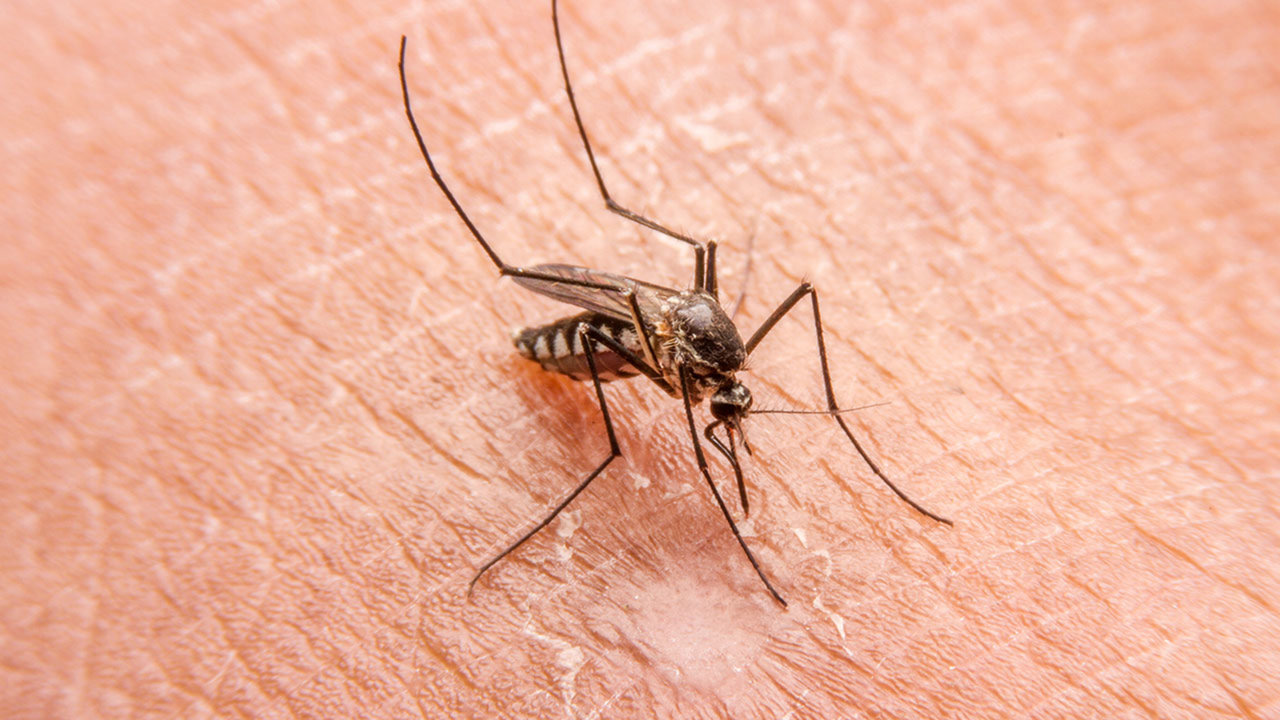Skin Irritations: What They Are and How to Deal With Them
If your arm suddenly turns red, feels itchy, or starts flaking, you’re probably dealing with a skin irritation. It’s one of the most common complaints we see online because almost anything can spark it – from new soaps to prescription meds.
What Triggers Skin Irritations?
First off, know that irritations aren’t always allergies. They’re often a direct reaction to something rubbing or chemical‑burning your skin. Common culprits include:
- Topical products. New deodorants, lotions, or even laundry detergent can contain fragrances that irritate sensitive skin.
- Medications. Some drugs list rash or itching as a side effect. For example, antibiotics like amoxicillin and anti‑seizure meds such as phenytoin sometimes cause red patches.
- Environmental factors. Hot weather, wind, or prolonged exposure to water can strip the skin’s natural oils, leaving it raw.
- Physical friction. Tight clothing, shoes that rub, or repetitive movements (think gardening) create micro‑abrasions that turn into irritation.
When you notice a new spot, think back to any recent changes in your routine. Pinpointing the trigger makes treatment easier and helps stop it from coming back.
Quick Ways to Calm an Itchy Rash
Once you know something’s irritating your skin, these steps can bring fast relief:
- Cool compress. Apply a clean, cold cloth for 5‑10 minutes. The chill reduces blood flow and eases the itch.
- Gentle cleansing. Use lukewarm water and an unscented cleanser. Avoid scrubbing – just pat dry.
- Moisturize. Choose a fragrance‑free ointment (petrolatum or ceramide‑based). Locking in moisture stops the skin from cracking further.
- Over‑the‑counter help. Hydrocortisone 1% cream works for mild inflammation. If itching is intense, an oral antihistamine like cetirizine can calm it down.
- Avoid scratching. It feels good in the moment but breaks the skin barrier and invites infection.
If the rash spreads quickly, blisters form, or you develop fever, seek medical help. Those signs could mean an allergic reaction or infection that needs prescription treatment.
On our site you’ll find more articles that dive into specific triggers – like how certain epilepsy drugs affect your skin, what to watch for when buying steroids online, and which natural supplements might soothe irritation without harsh chemicals. Each post gives step‑by‑step advice so you can act confidently.
Bottom line: skin irritations are usually easy to manage once you identify the cause and use basic soothing tactics. Keep a note of any new products or meds, treat the area gently, and don’t ignore warning signs that need a doctor’s eye.
How to treat skin irritations caused by insect bites and stings.
In my recent blog post, I've detailed some effective ways to treat skin irritations caused by insect bites and stings. I've included some home remedies like using a cold compress and applying a mix of baking soda and water to the affected area. I also discussed when to seek medical attention, especially if you're showing signs of an allergic reaction. Additionally, I emphasized the importance of not scratching the irritated area to prevent infection. Lastly, I mentioned some preventative measures to avoid insect bites in the first place.
